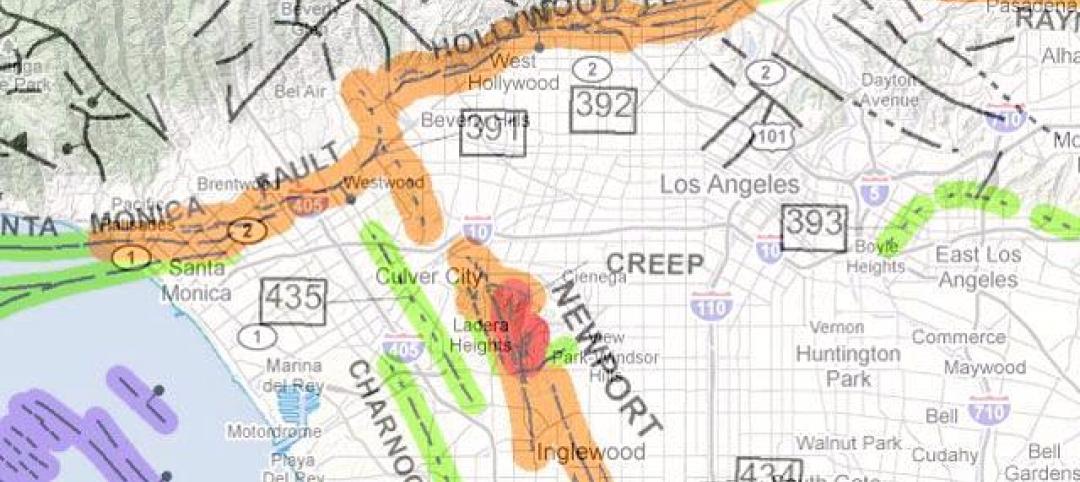The U.S. Department of Energy (DOE) Building Technologies Office (BTO) has released a new Request for Proposal to advance building energy codes.
The aim is to provide technical assistance to help address the needs of state and local governments to develop “advanced standards built on innovative technologies and strategies to reduce energy consumption and greenhouse gas emissions and helping ensure that the benefits of energy-efficient and resilient buildings can be realized by all Americans.”
The DOE is looking to partner with entities “who are uniquely positioned to provide this technical assistance, and support DOE in addressing the range of critical factors. These include navigating national and regional building design and construction issues, responding to the needs of states and local communities, helping them update their codes and take advantage of the latest design and construction standards, and in communicating the benefits of modern building energy codes to their citizenry.”
The RFP covers:
· Stretch Codes
· Building Performance Standards
· Energy and Resilience Planning
· Energy Justice
· Energy Jobs and Workforce Development
· Role of Building Energy Codes
Related Stories
| Aug 27, 2014
Turkish government orders demolition of residential towers in Istanbul
Citing negative effects to a world heritage site, the Turkish central government has ruled that the recently completed OnaltiDokuz Residence towers must be demolished.
| Aug 21, 2014
Industry groups agree to streamline green building tool coordination and development
Major building industry groups the International Code Council (ICC), ASHRAE, the American Institute of Architects (AIA), the Illuminating Engineering Society of North America (IES), and the U.S. Green Building Council (USGBC) have agreed to collaborate on the development of Standard 189.1, the International Green Construction Code (IgCC), and the LEED green building program.
| Aug 21, 2014
Performance-based zoning: U.S. cities starting to loosen zoning regulations
Driven by New Urbanism, more than two dozen communities in the U.S. have loosened zoning restrictions in recent years.
| Aug 21, 2014
Meeting to finalize amendments to green property underwriting standard
The National Public Meeting for Resiliency + Infrastructure Consensus Underwriting Standard Amendments will take place September 16, from 9 a.m.-12p.m. at Perkins+Will, 1250 24th St. NW, Washington, DC in the World Wildlife Fund Building.
| Aug 21, 2014
American Iron and Steel Institute revises 14 test standards
The American Iron and Steel Institute (AISI) published 14 revised test standards in its S900-series.
| Aug 14, 2014
Mississippi county rejects adoption of state building code
The county board of supervisors voted unanimously to opt out of the state building code.
| Aug 14, 2014
Boards at odds over North Carolina county’s CM-at-Risk policy
Some local small contractors are not pleased with the school board’s CM-at-Risk policy that was instituted in 2007. The county’s board of commissioners has offered a sympathetic ear to their complaints
| Aug 14, 2014
2014 National Electrical Code now effective in 12 states; 11 more to come online by January
The National Fire Protection Association (NFPA) says that the 2014 edition of the National Electrical Code(NEC) is now effective in 12 states: Alabama, Colorado, Idaho, Maine, Massachusetts, Minnesota, New Mexico, Rhode Island, South Dakota, Vermont, Washington and Wyoming.
| Aug 14, 2014
CDC report highlights need for heat acclimatization to prevent worker deaths
CDC supports OSHA’s analysis suggesting that the primary risk factor for heat fatalities is the lack of acclimatization programs.
| Aug 8, 2014
California revives study of earthquake faults
California reinstituted an ambitious plan to study dangerous earthquake faults and create zoning maps that could restrict development.










